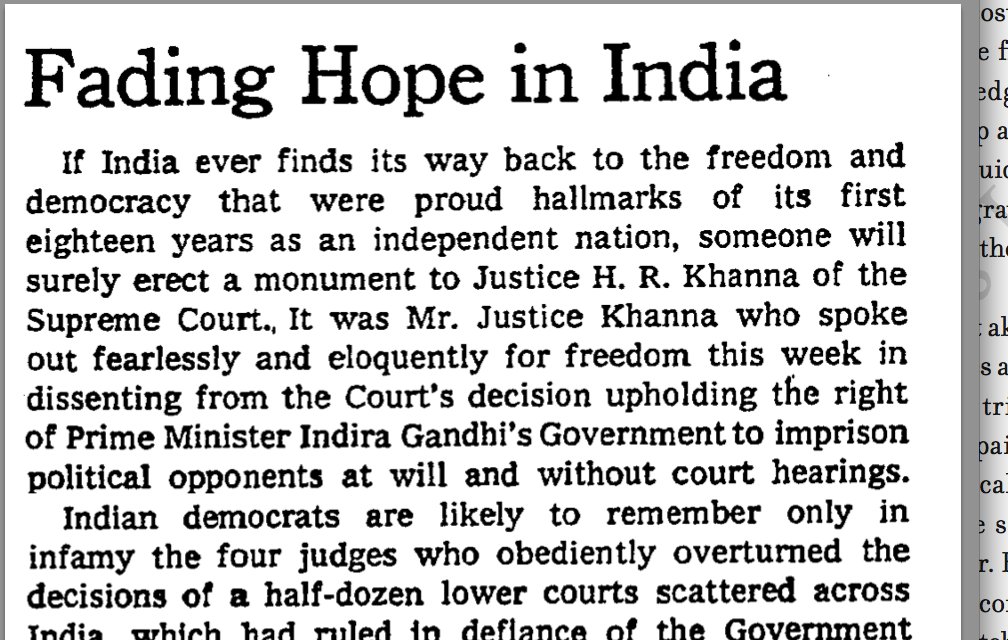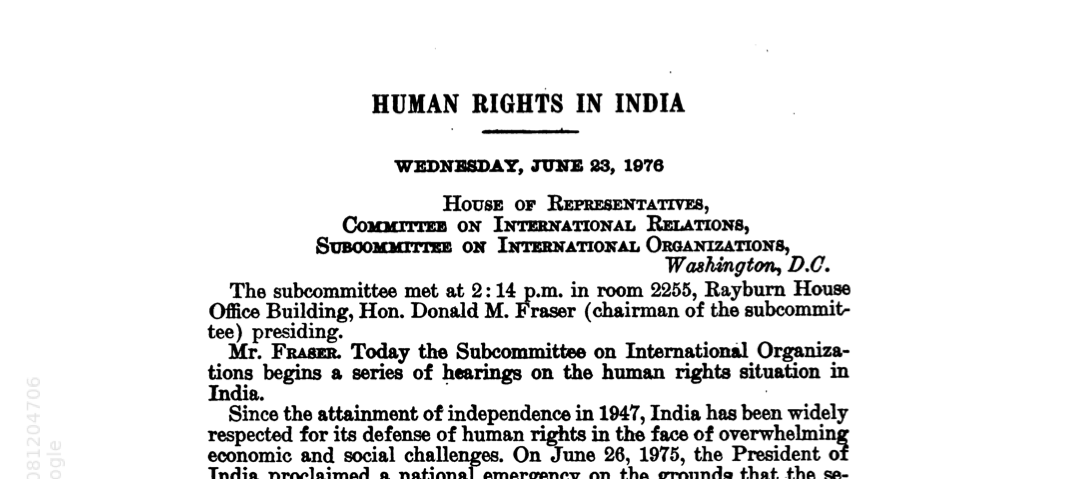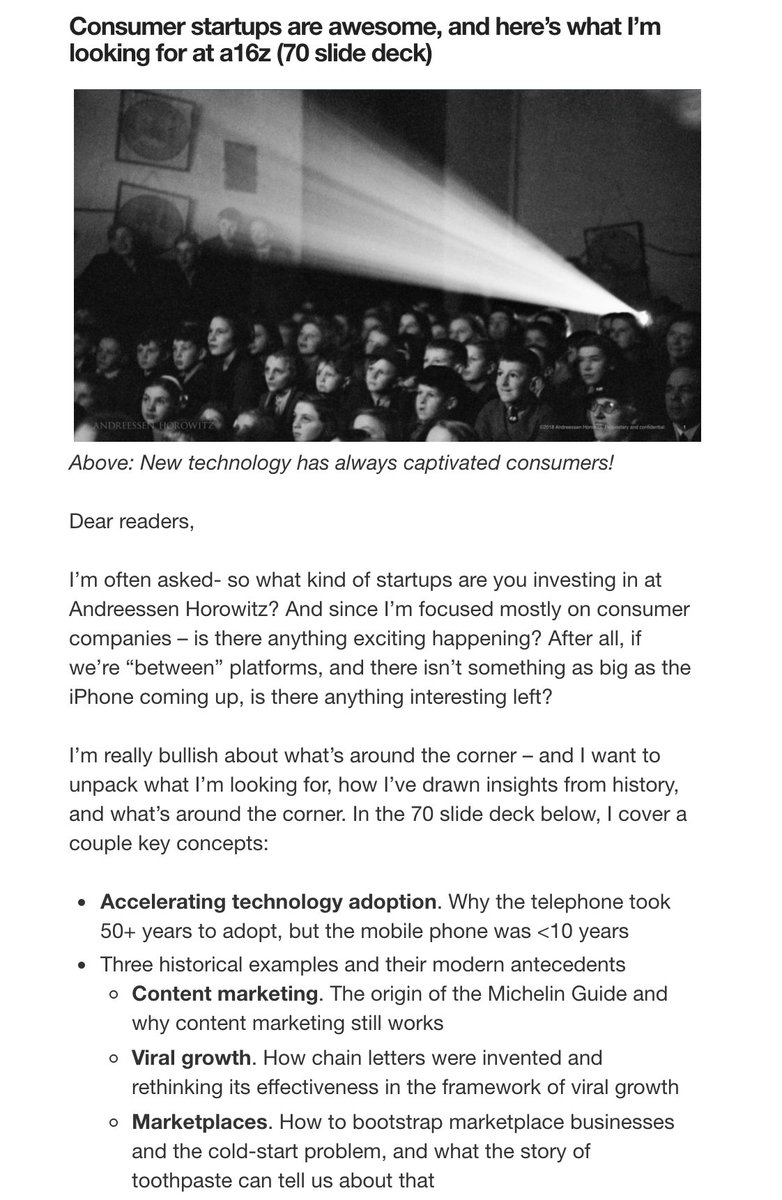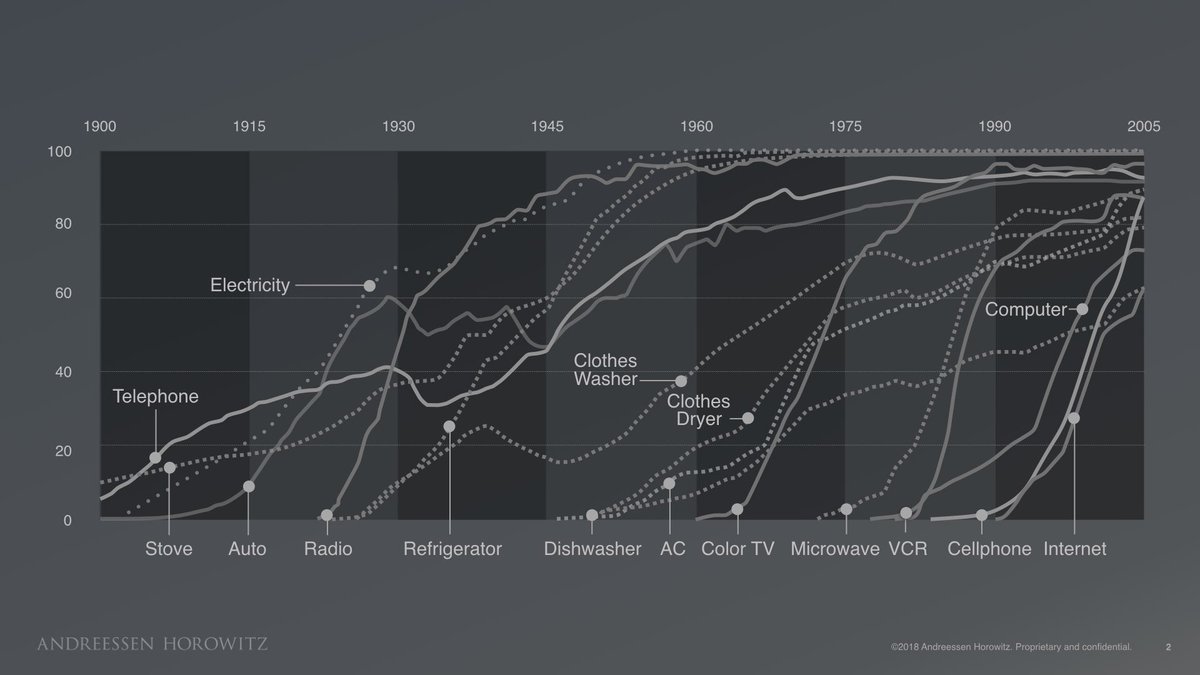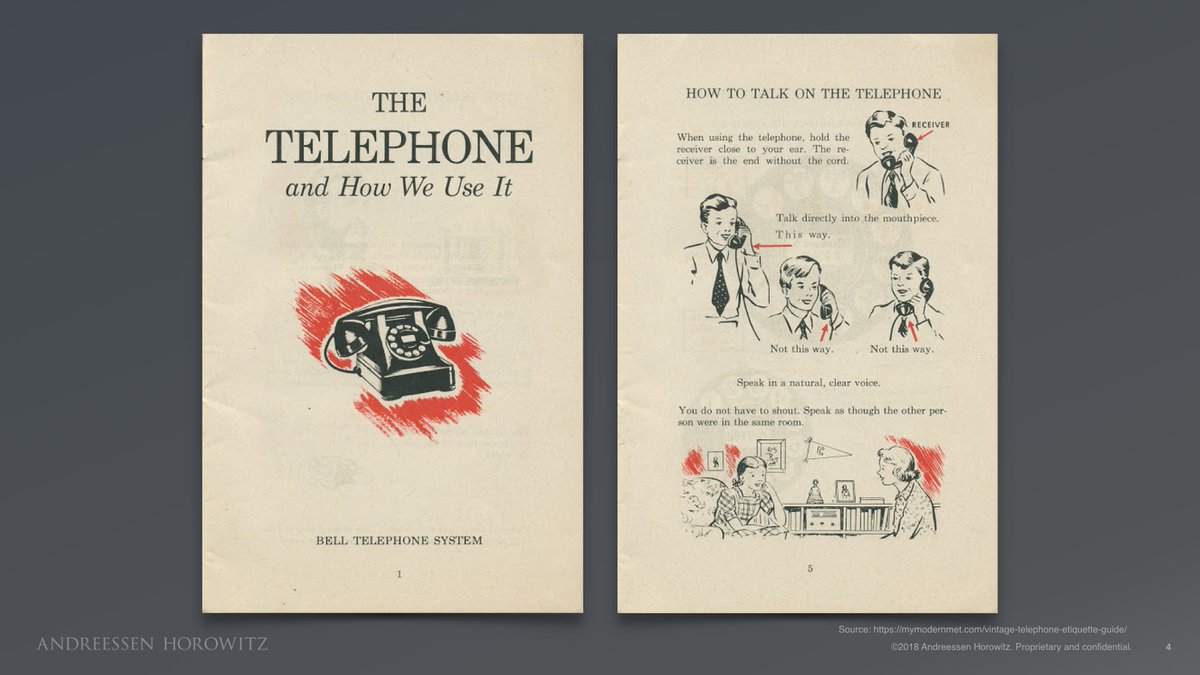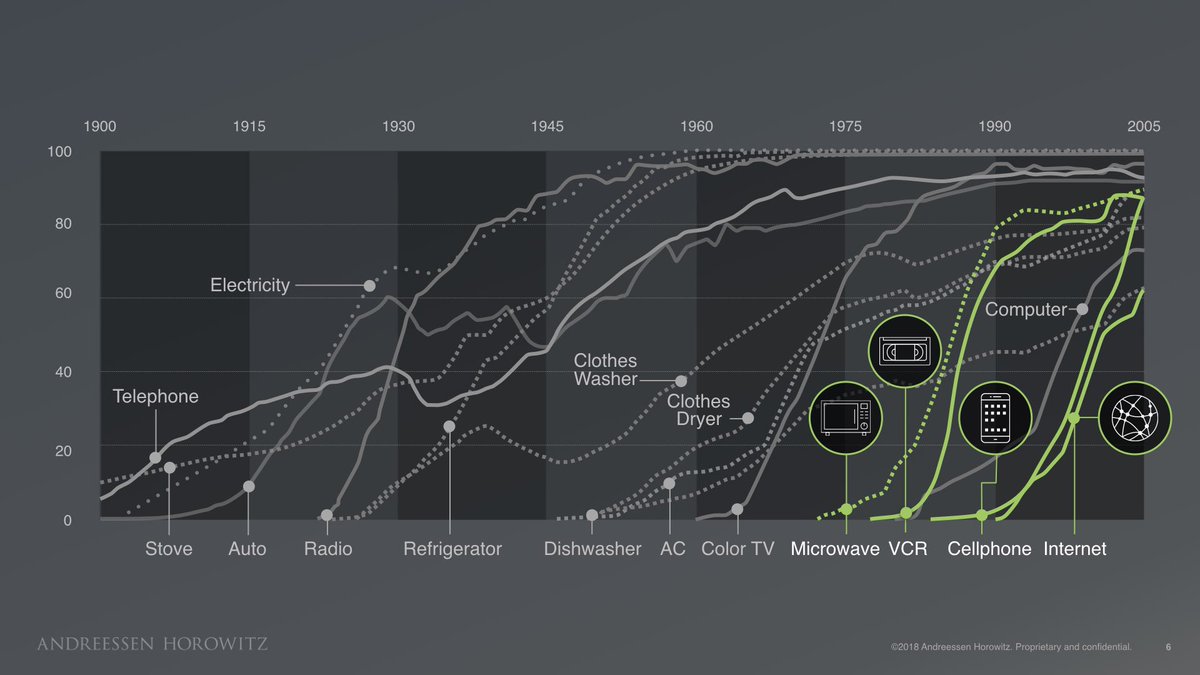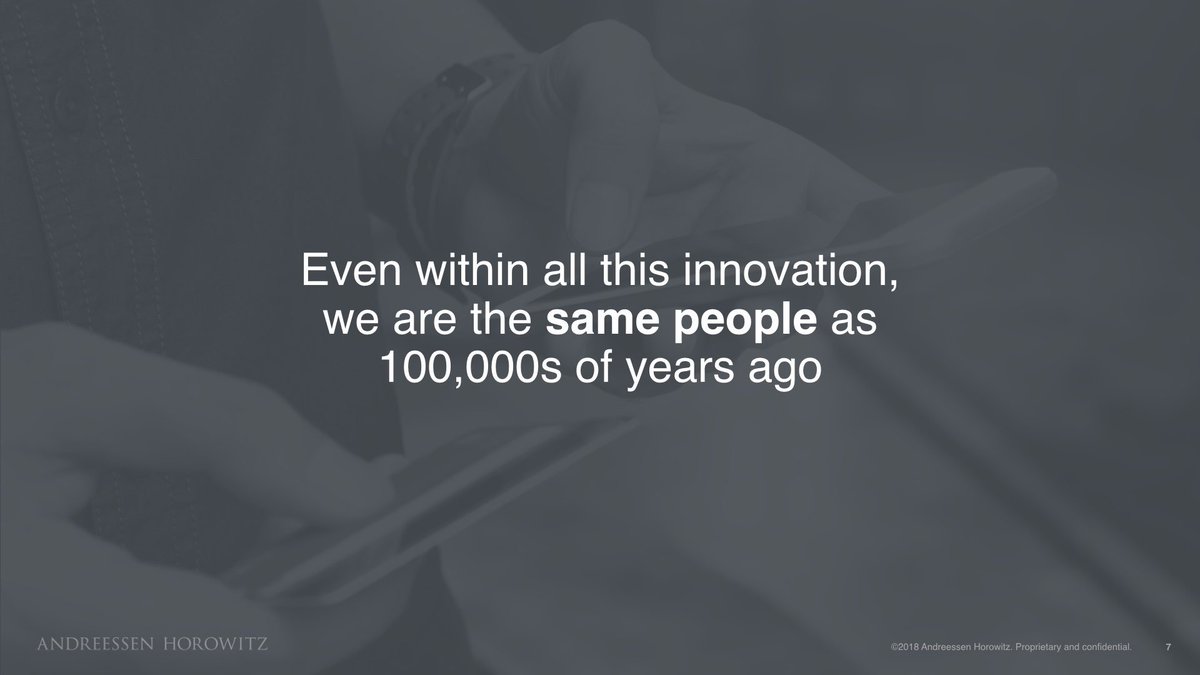Theirs is a quiet violence, clear and flowing as if it were beautiful and natural and peaceful, even as it corrodes and expands the edges of the hollowness created by lies. Silencing is a kind of acid.
Move on, I had been told for years. The past is in the past.
Except how do people move on from something they are either never told to study or told to never study? How do they move on from a past that is far worse than what they’ve been told (or not told)? How do they move on from a past that keeps reinventing itself today?
Sometimes when I speak of the erasure of Hindu persecution, I am gently, smugly corrected (it is always done civilly), "Indu, the information is there. No one is trying to hide it."
(That's how gaslighting works, right? It is arrogant and maddening and untethered to reality.)
Because the FACT is that’s not true at all. There are innumerable, insidious, systemic ways that people are hiding the truth. Ways that are supported and sustained by institutions, by scholars, by media conglomerates, by Hindu (American) politicians, proud internet trolls...
...by Hindu (American) celebrities, by woke people/movements, by think tanks, by panel discussions on college campuses, by protests across the world.
By Western celebrities tweeting as if they understand the ground realities of India, operating axiomatically from distortions.
All in the name of social justice. The erasure of Hindu persecution has always been done in the name of social justice and humanitarianism, and so all evidence of that erasure must be removed, by force and cunning, lest the illusion dissolve.
Hindus are not even close to “Never forget”.
“Never remember” is still out of reach.
No, Hindus are taught “Never know. Never tell”.
The erasure of erasure. How do you even begin to name that, to disrupt that, to loosen the space up just a little bit so that people might be open to considering it? How can you be soft and civil when you feel like the world has gone mad?
But Hindus cannot afford to *not* be soft and civil when we are accused of being rabid and angry fascists on a daily basis. The only exception is rage performing against “Hindu fascism”. (Only some people are "allowed" to resist.)
How can we speak honestly when simply naming and recognizing Hindu persecution is called "Islamophobia" and "communalism" and "Hindu nationalism"? How can we talk about Hindu persecution when those who have anointed themselves the critical experts of India have determined...
...that it is actually Hinduism itself that is the scourge of India? That Hinduism deserves to die, and every woke person nods because the erasure tells them it’s the right thing to do?
One of my best friends recently asked me what my tipping point was, what inspired me to start speaking out about the persecution of Hindus.
I finally summoned the courage to learn about our past, what happened before the British, I replied. To really look at it.
In my search for a balanced perspective, I made sure to read texts from Muslim scholars. For four months, I read. At least eighty million Hindus slaughtered during Muslim rule. Libraries destroyed, universities razed to the ground, temples looted and pillaged.
It was one of the darkest periods of my life. I teetered on the edge of depression. Sadhana tethered me. And when I came out the other side, I felt like I had broken through all of these layers of illusion, and I could see what was happening with so much more clarity.
Sure, I was angry, but I was not (suddenly) Islamophobic. I was angry at the lies and omissions in textbooks and discourse. I was angry at myself for avoiding this journey for so long. I was angry that I would now be considered a Hindu fundamentalist for naming what I’d learned.
I didn’t suddenly want India to be a nation for only Hindus, and I wasn’t suddenly attached to a political party. I did, however, understand the depth of persecution experienced by my ancestors, the conniving and innumerable ways that persecution had been perpetrated...
and the ways I was being manipulated now, as a progressive, educated Hindu American. I saw the patterns, I saw the false binaries, I saw how the theories and scholarship about Hinduism from the Western Academy were deeply committed to wiping indigenous Hinduism off the map.
I saw how contemporary Hindu oppression was swept under the rug whenever anyone but Hindus were culpable. I saw how the anti-Hindu bias of mainstream media reportage in the West made it seem justifiable and civilized to be wary of Hindus and Hinduism.
Much like it was a hundred years ago.
We cannot move forward until we acknowledge the past.
I wrote this last year, in a friends-only FB post. I was too afraid to share it publicly, knowing that my words could (and likely would) be taken out of context and weaponized. But my silence is also weaponized.
That’s how critical it is for Hindu persecution to be erased.
If truth upsets the precarious peace of society, then it was never actually peaceful. It was built upon the backs of Hindus, who've been forced to carry others' lies.
Hindus are survivors. It is our time to stand up and share with the world what we have survived and how.






